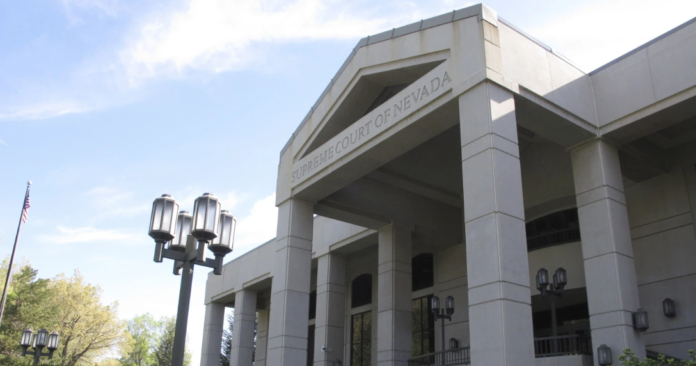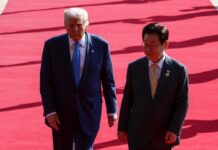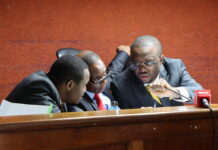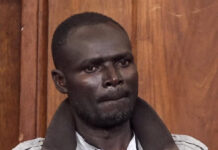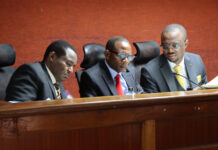The Nevada Supreme Court has breathed new life into a major election subversion case, unanimously reinstating criminal charges against six individuals who acted as “fake electors” for Donald Trump following the 2020 presidential election.
The court’s 13 November ruling sets the stage for a January 2026 trial in Clark County, rejecting a lower court’s dismissal of the case on the grounds of improper venue.
The defendants are accused of submitting forged documents to the US Senate and National Archives in December 2020, falsely asserting that Mr Trump had won Nevada’s electoral votes.
The case was initially dismissed in June 2024, but the state’s appeal led to the 6-0 decision from the Supreme Court, which found that Clark County, where the legitimate electoral votes were cast and counted, was the correct venue for the trial.
The Nevada Attorney General’s office stated the ruling “affirms our pursuit of accountability for those who attempted to undermine the integrity of our election.”
The defence is expected to argue that their clients are protected by a federal pardon granted by former President Trump, though state prosecutors contend that pardon does not apply to state-level charges.
This development places Nevada firmly within the national landscape of legal repercussions for the 2020 “fake elector” strategy, with parallel investigations and indictments underway in states like Arizona and Georgia.
The ruling tests the limits of presidential pardons, which apply only to federal crimes, and underscores the determination of some state authorities to pursue election-related cases.
The revived prosecution is a significant moment for the principle of election integrity, but it also deepens the country’s political divisions, with Mr Trump and his allies characterising it as a “witch hunt.”
Written by Were Kelly
Sources: POLITICO (politico.com), CNN (us.cnn.com).









